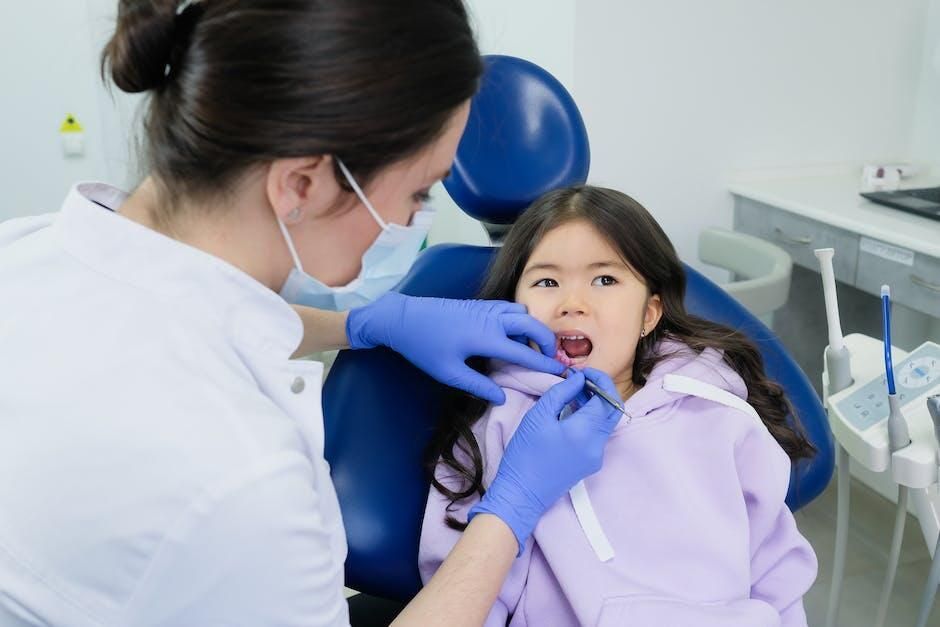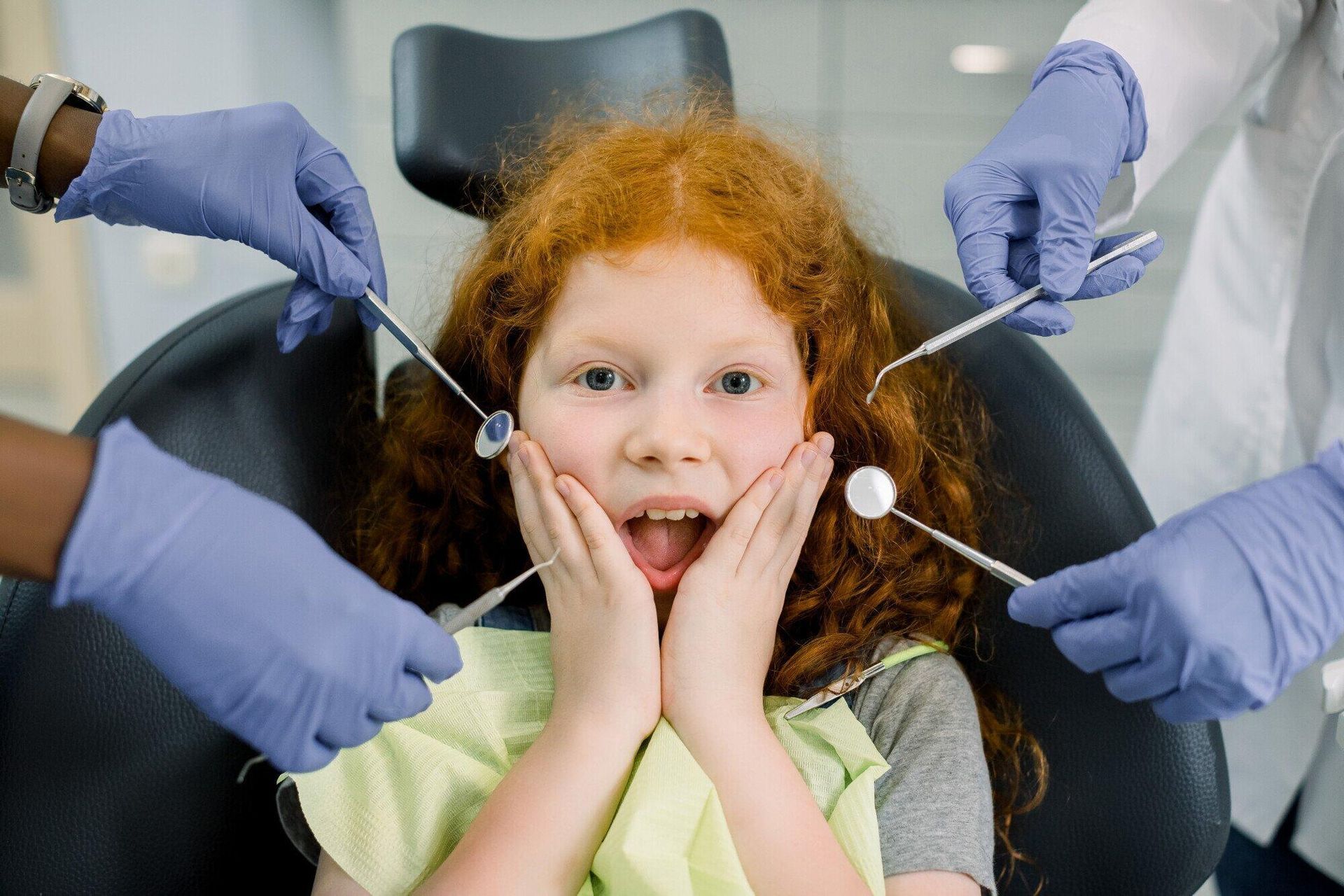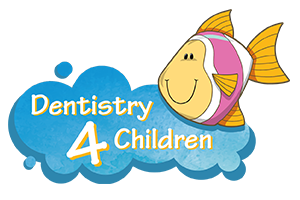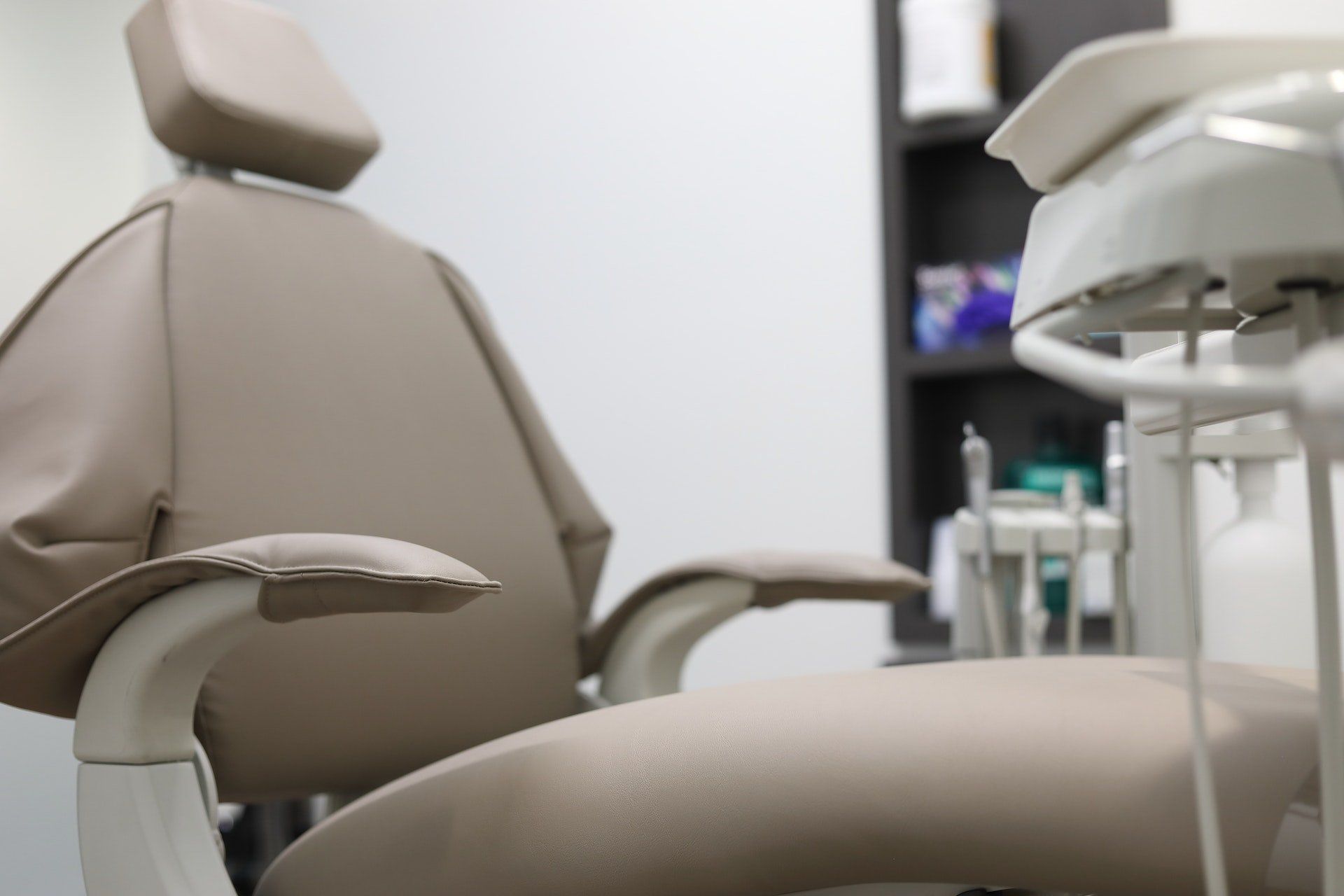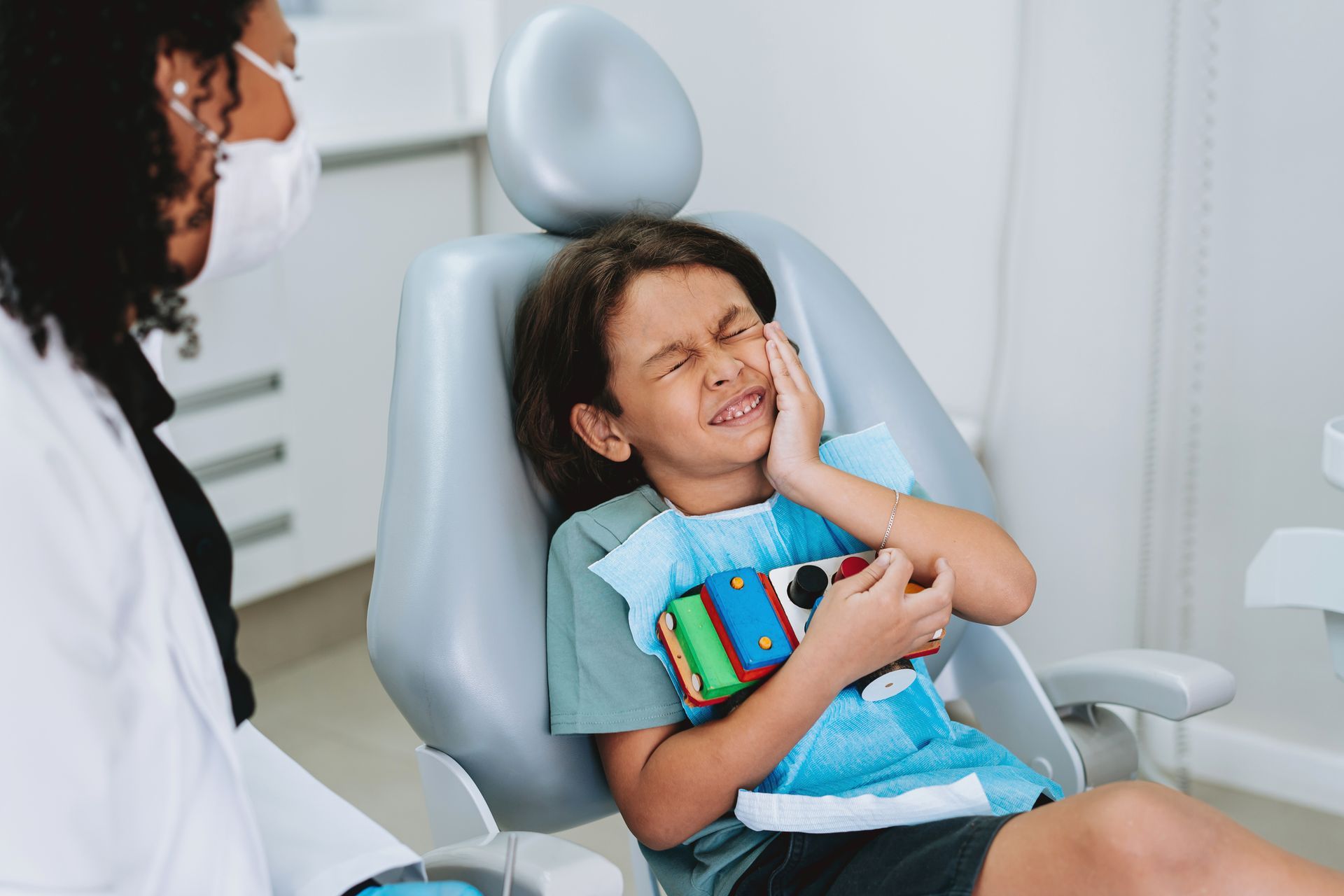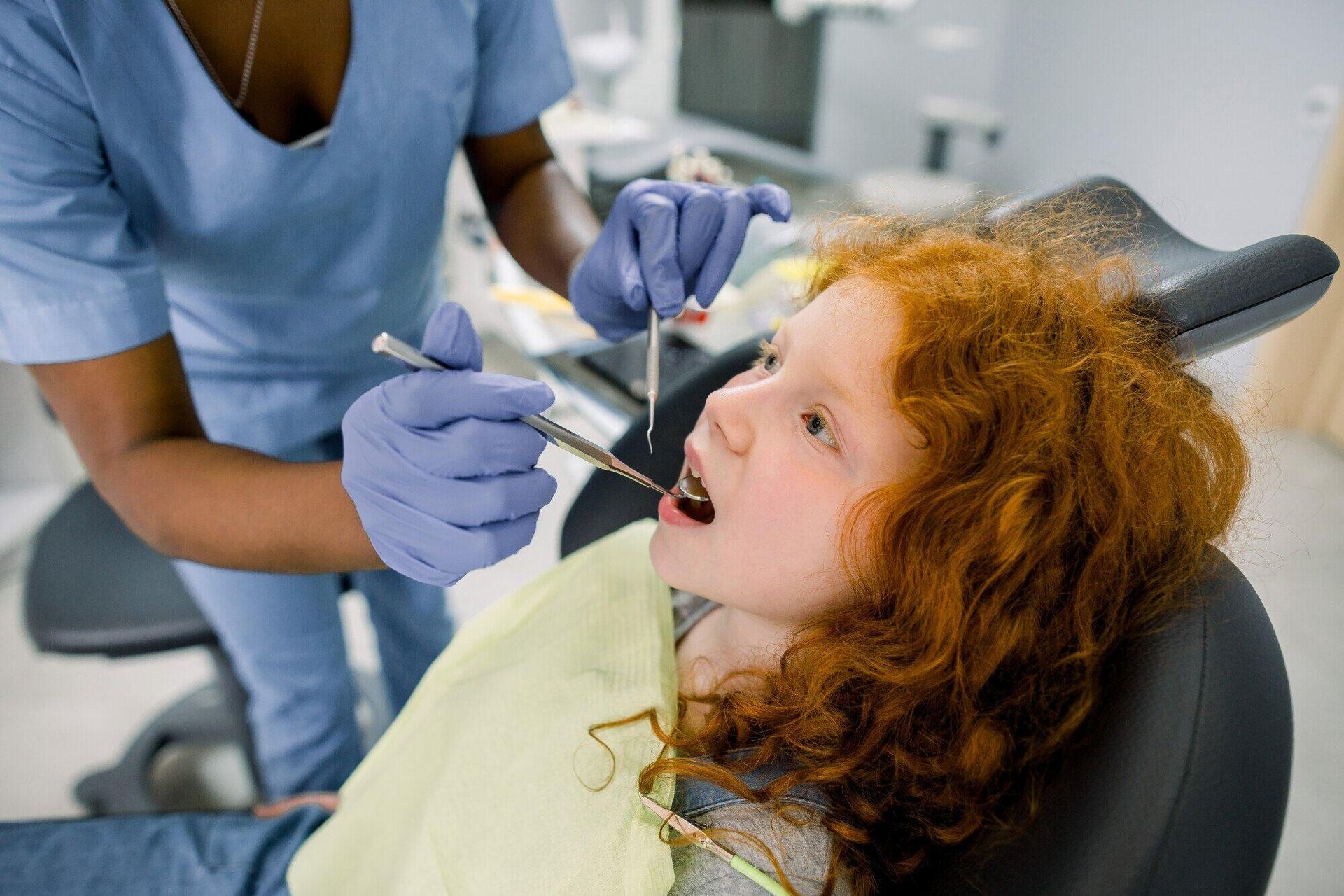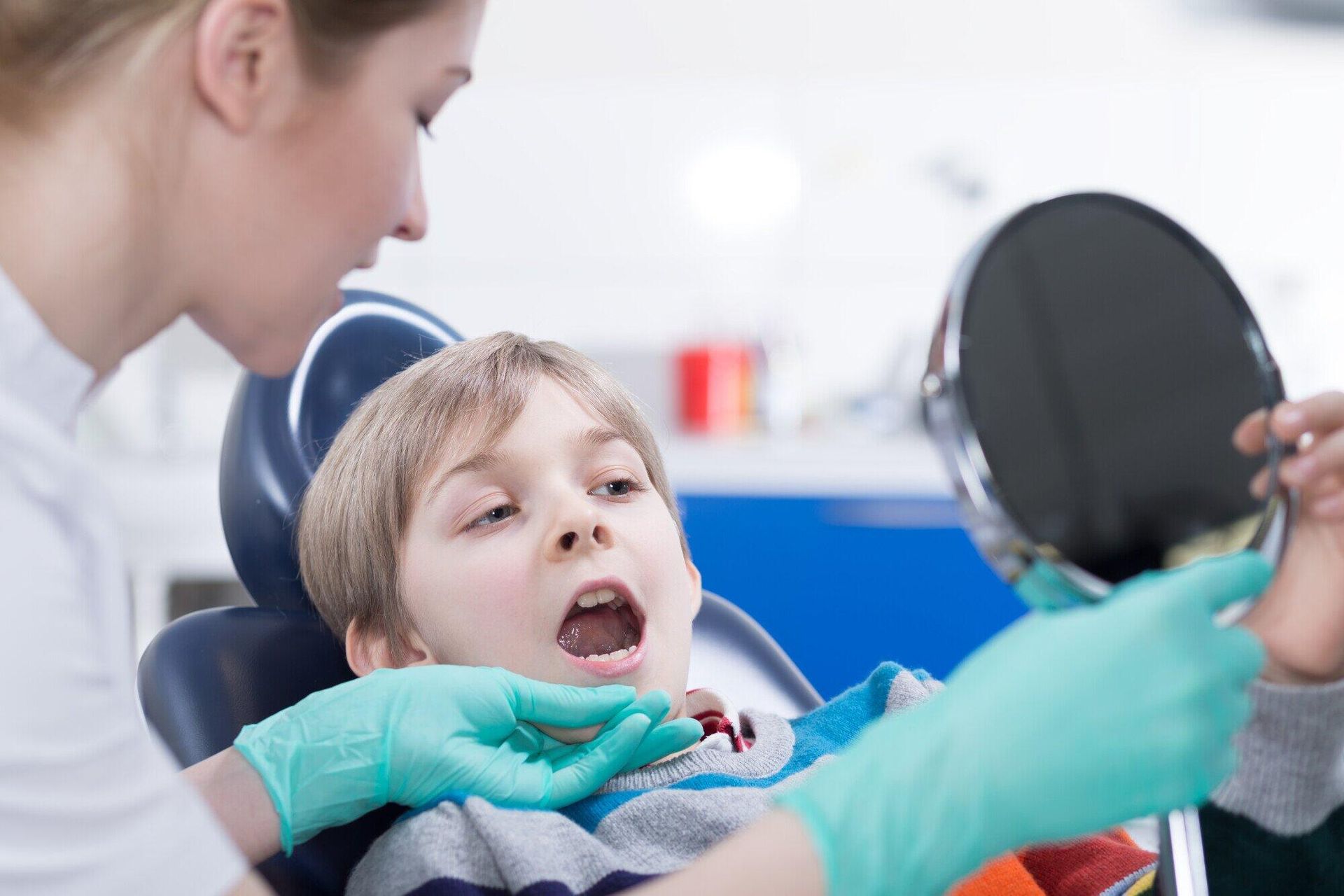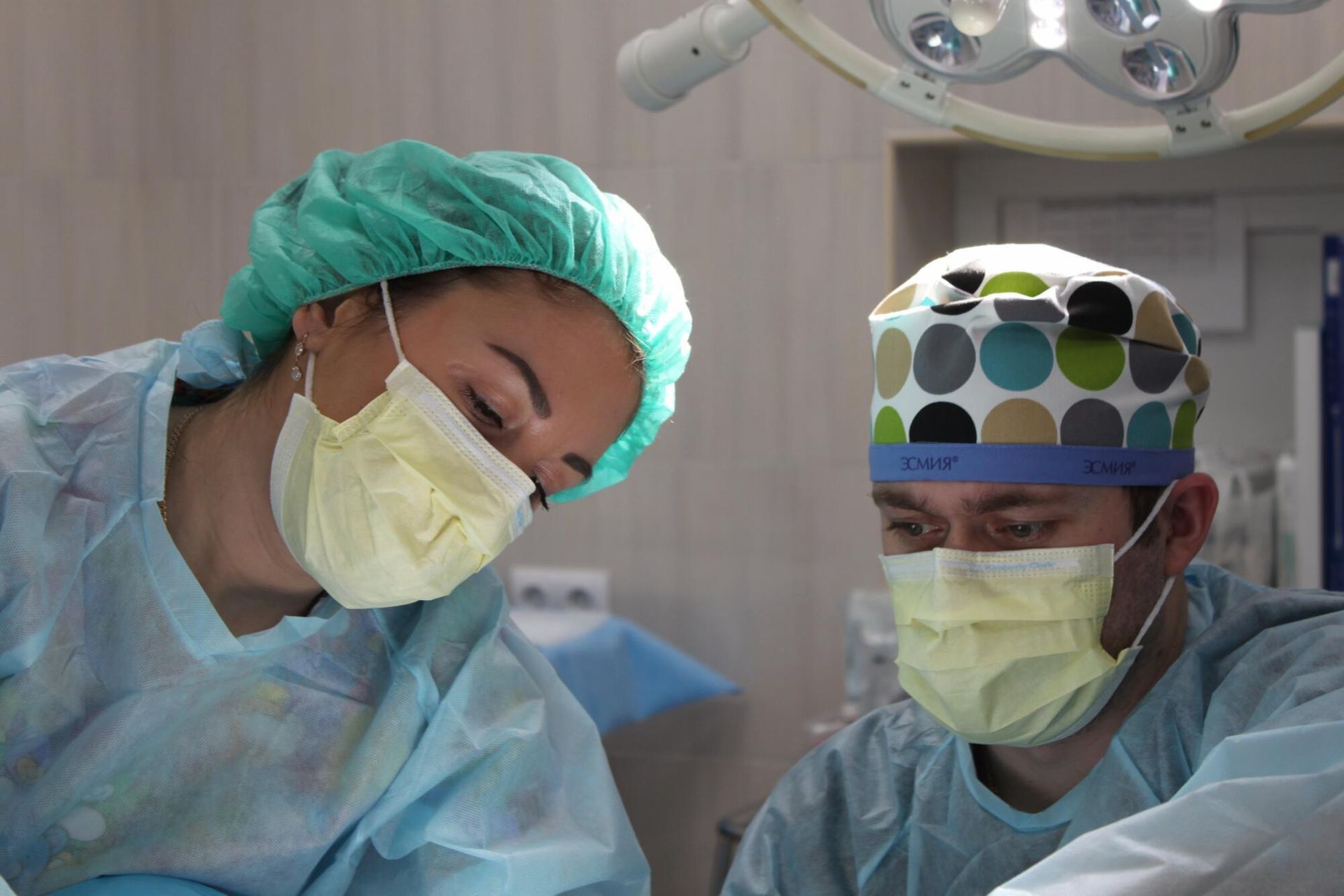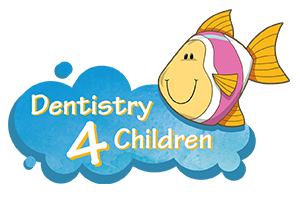5 Common Pediatric Dental Emergencies (and What to Do If One Happens!)
It's common knowledge that most kids are afraid of the dentist. Maybe it's because of the drilling sounds or exposing their mouths to a stranger. Regardless of that fear, it's imperative that they make the visit even if they resist.
Children get into all kinds of situations, and sometimes that means they can damage their teeth.
What is a pediatric dental emergency, though? And how can you tell if something is serious enough for a visit to the dentist in Friendswood, TX?
Here are five of the most common types of pediatric dental emergencies you may encounter.
1. Knocked Out Tooth
One dental emergency for kids that will require a pediatric dentist is if your kid loses a tooth. However, the severity of the problem will depend on a few different factors.
First of all, if the tooth that was knocked out was a baby tooth, then it may not be an issue. These teeth are meant to fall out and it'll just open up space for the permanent one to grow in. The only problem is that if the baby tooth comes out too early, it may cause crowding and cause issues for the tooth yet to come.
If a permanent tooth was knocked out, then it's a bigger problem.
Assuming the tooth was complete and unbroken, then you can replace it in the socket within a half hour. A visit to the pediatric dentist is necessary so they can make sure the root attaches.
You can also keep the tooth in a glass of milk until a dentist can see you.
It's not advised that you try to reattach a tooth that has been broken. The dentist may also need to perform a root canal depending on other factors.
2. Damaged Tooth
Pediatric dental emergencies that require immediate help include a damaged or broken tooth. A chipped or cracked tooth could be the result of anything from physical impact to poor oral hygiene. If you've noticed a damaged tooth, then you'll need to schedule a visit as soon as possible.
Before you head to the dentist, there are a few things you'll need to do.
Rinse out your child's mouth with clean water to make sure there aren't any fragments stuck inside. If there is swelling from an impact, then place a cold compress on the cheek where it happened.
If the tooth fragment has fallen out, then you'll want to take it with you to the dentist. Place it in a moist paper towel inside a plastic bag.
Depending on why the tooth fractured and its state, the pediatric dentist may be able to bond the fragments back together. If not, they may need to use a crown or veneer to restore its original appearance.
3. Mouth Injury
A mouth or face injury is a type of pediatric dental emergency that may require more complicated care.
Something simple like a cut or abrasion on a child's lips or cheek can often be treated at home.
Wash your hands before treating and washing the wound. An over-the-counter antiseptic lotion can help keep away infection while it heals.
More serious injuries like a large gash or broken jaw will need a visit to the local ER. Broken jaws often come with missing or broken teeth as well. Your child may require jaw wiring to keep the jaw secure or surgery.
Even an impact that didn't break anything could cause issues like loosened teeth or bleeding gums. Your pediatric dentist can tell you how to proceed and can even prescribe medication to help deal with any pain.
4. Severe Toothache
One of the signs of a pediatric dental emergency is if your child develops a severe toothache. The main problem with a toothache is that it's almost impossible to diagnose at home.
A broken tooth is more obvious, and sores on your gum stand out. However, a really bad toothache could be a sign of something simple or a severe oral hygiene issue.
For example, grinding your teeth can wear away at their enamel and even cause a crack. That will cause immediate pain that a dentist can solve in a few appointments.
What's more problematic is if the toothache is because of an infection. Infected teeth do not heal on their own, and the problem requires a root canal. After the root canal, your child will also need a crown to stabilize the tooth.
In a worst-case scenario, the tooth may need to be pulled. This is more common if the infection has completely eroded away the tooth past the point of no return.
5. Tooth Sensitivity
Tooth sensitivity is an issue similar to a toothache without the associated immediate danger. It's more of a sign of things to come. You'll notice tooth sensitivity if eating things like ice cream or hot soup hurt your teeth.
One reason you may have more tooth sensitivity is if you've developed a cavity. Cavities are a sign of tooth decay forming in your tooth. It's usually caused by not brushing your teeth enough and ingesting too many sugary foods and drinks.
Another cause of tooth sensitivity is eroded tooth enamel. This can happen if you drink a lot of sodas. You may also lose tooth enamel due to acid reflux, teeth grinding, and dry mouth.
Your dentist can address the problem and let you know how to deal with it. There are also some kinds of toothpaste and mouthwash that can improve your enamel's mineral content.
Don't Ignore Pediatric Dental Emergencies
It's so easy to put off visiting a dentist in Friendswood, TX if there isn't any immediate pain or trauma. However, pediatric dental emergencies can easily develop into something much worse.
Better for your child to get a root canal than get a permanent tooth pulled, after all.
Dentistry 4 Children is here to help your child have a positive experience getting their dental care. Our services include fillings, nerve treatment, emergency dentistry, and more.
Contact us to request an appointment online or ask any questions.
